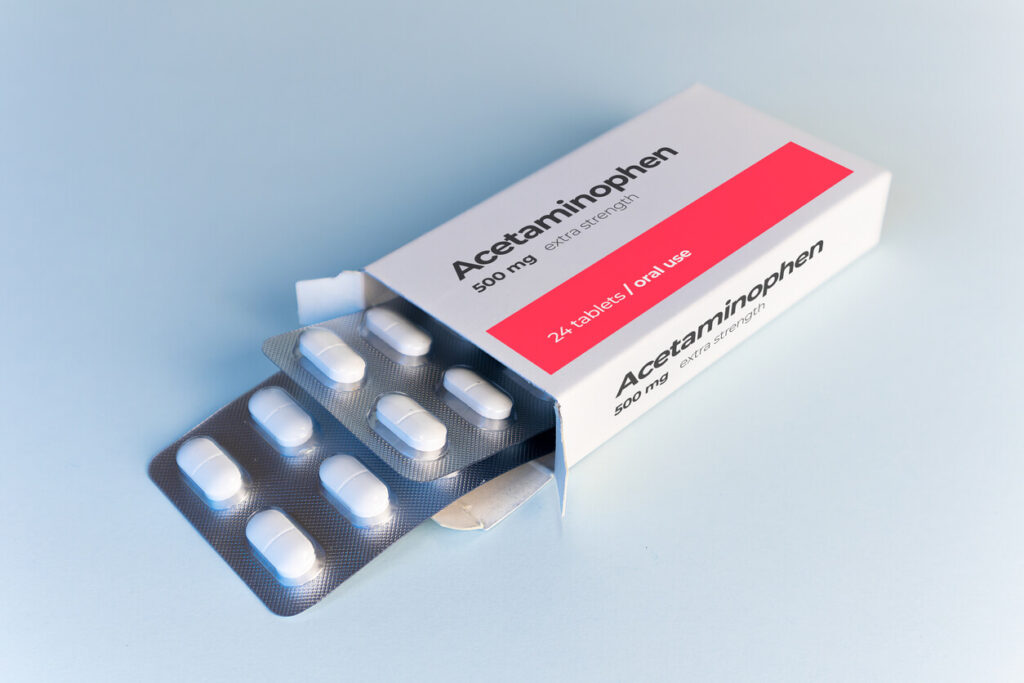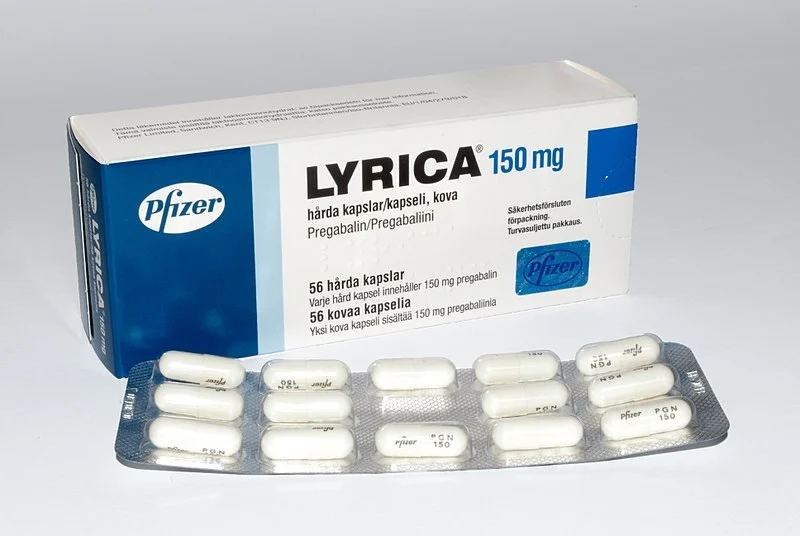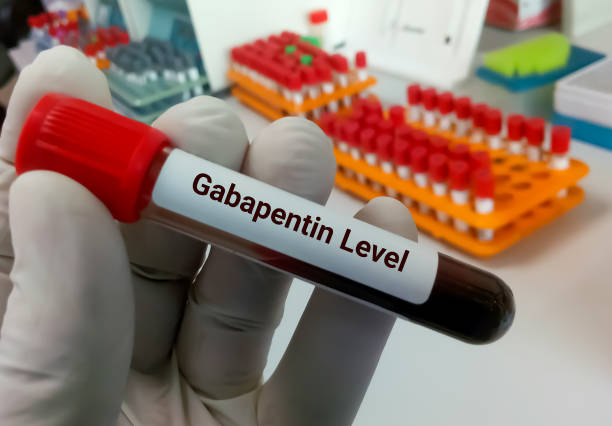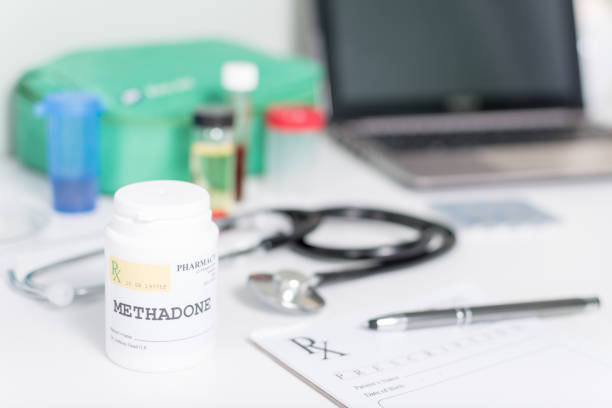Introduction to Acetaminophen
It is one of the most used medications for pain relief and fever reduction. Known for its efficacy and relatively low risk of side effects, it is available in various forms and dosages. In this guide, we will explore everything you need to know about acetaminophen, including its uses, dosage, side effects, and safety tips.
What is Acetaminophen?
Moreover, known as paracetamol, it is an over-the-counter (OTC) medication widely used to treat mild to moderate pain and reduce fever. Often used for headaches, muscle aches, arthritis, backaches, toothaches, colds, and fevers.

How Does it Work?
It works by inhibiting the production of prostaglandins in the brain. Prostaglandins are chemicals that promote inflammation, pain, and fever. By reducing the levels of prostaglandins, acetaminophen helps alleviate pain and lower body temperature.
Uses
Pain Relief
It is effective for various types of pain, including:
- Headaches: It can quickly relieve the discomfort of headaches and migraines.
- Muscle Aches: Useful for muscle pain caused by overexertion or injury.
- Arthritis: Provides relief from the pain of osteoarthritis and other joint issues.
- Backaches: Helps reduce the intensity of back pain.
- Toothaches: It can be used to alleviate dental pain.
Fever Reduction
Commonly used to lower fevers in both adults and children. It is effective in reducing body temperature and providing comfort during illnesses like the flu or common cold.
Dosage and Administration of Acetaminophen
Adult Dosage
The typical adult dosage for acetaminophen is 325 to 650 mg every 4 to 6 hours, not to exceed 4,000 mg in 24 hours. It is crucial to follow the dosage instructions on the package or provided by a healthcare professional to avoid the risk of overdose.
Children’s Dosage
For children, the dosage is based on their weight and age. It is essential to use the pediatric formulation and consult the dosage chart on the packaging or speak with a pediatrician.
Side Effects
While it is generally safe when used as directed, it can cause side effects in some people. Common side effects include:
- Nausea
- Rash
- Headache
Serious Side Effects and Overdose
Taking more than the recommended dose ,it can lead to serious health problems, including liver damage. Symptoms of an overdose include:
- Nausea and vomiting
- Loss of appetite
- Sweating
- Confusion or weakness
If you suspect an overdose, seek emergency medical help immediately.
Safety Tips for Using
1. Read Labels Carefully
Always read the labels on OTC medications to ensure you are not taking multiple products that contain acetaminophen. This can help prevent accidental overdose.
2. Avoid Alcohol
Consuming alcohol while taking it can increase the risk of liver damage. It is best to avoid alcohol or limit its intake.
3. Consult Your Doctor
Before using acetaminophen, especially if you have liver disease or are taking other medications, consult your doctor to ensure it is safe for you.
Acetaminophen vs. Other Pain Relievers
Acetaminophen vs. Ibuprofen
Both are effective pain relievers, but they work differently. Ibuprofen is a nonsteroidal anti-inflammatory drug (NSAID) that reduces inflammation, while acetaminophen does not have anti-inflammatory properties. Choose acetaminophen if you have conditions where inflammation is not a significant factor.
Acetaminophen vs. Aspirin
Similarly, aspirin is another NSAID with pain-relieving and anti-inflammatory effects. However, it can cause stomach irritation and is not recommended for children due to the risk of Reye’s syndrome. It is a safer alternative for those who cannot tolerate aspirin.
Acetaminophen for Specific Conditions
Acetaminophen for Arthritis
For those suffering from osteoarthritis, it can be an effective option for pain management without the stomach issues associated with NSAIDs.
Acetaminophen for Cold and Flu
During cold and flu season, acetaminophen can effectively reduce fever and relieve body aches. Consequently, it becomes a go-to remedy for many people.
Where to Buy
It is widely available in pharmacies, grocery stores, and online. Ensure you purchase from reputable sources to guarantee the product’s quality and authenticity. For a convenient shopping experience, check out our store yourpainreliefstore.
Conclusion
It is a versatile and widely used medication for pain and fever relief. By understanding its uses, proper dosage, and potential side effects, you can safely and effectively manage your symptoms. Always consult with a healthcare professional if you have any concerns or questions about using acetaminophen.
Is Acetaminophen the Same as Tylenol?
Yes, it is the same as Tylenol. Tylenol is a brand name for the drug acetaminophen. Both terms are used interchangeably to refer to the same active ingredient used for pain relief and fever reduction.
Is Acetaminophen vs. Ibuprofen?
While both are commonly used as pain relievers, they have distinct properties and uses:
- Acetaminophen: Primarily reduces pain and fever. It works in the brain to inhibit pain signals and lower body temperature. Acetaminophen does not have significant anti-inflammatory effects, making it suitable for headaches, muscle aches, arthritis, backaches, toothaches, colds, and fevers.
- Ibuprofen: Is a nonsteroidal anti-inflammatory drug (NSAID) that reduces inflammation in addition to relieving pain and lowering fever. It works by blocking the production of prostaglandins, substances in the body that cause inflammation and pain. Ibuprofen is often used for conditions involving inflammation, such as arthritis, menstrual cramps, and injuries.
What is the Drug Acetaminophen Used For?
Acetaminophen is used for:
- Pain Relief: Effective for headaches, muscle aches, arthritis, backaches, toothaches, and other minor aches and pains.
- Fever Reduction: Commonly used to lower fevers in both adults and children, providing comfort during illnesses like the flu or common cold.
Does Acetaminophen 500 mg Make You Sleepy?
Acetaminophen 500 mg does not typically cause drowsiness or make you sleepy. It is mainly used for pain relief and fever reduction .However, it is crucial to check if the acetaminophen product is combined with other medications; for instance, antihistamines can cause drowsiness. Always read the label and consult with a healthcare professional if you have any concerns.
WhatsApp support
Contact with our WhatsApp team to get more info about pain relief medicines and consultancy.









